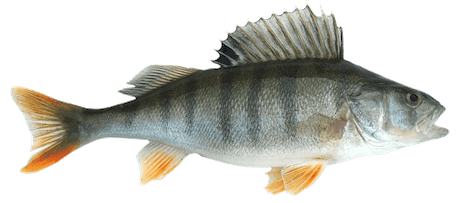I haven't really talked about Japanese in a while, so here's a short one. This week is all tests. Ganbarimasu.
Memorizing words is hard, but also what verbs and direct objects go together is tricky. In English, you tell a lie, in Japanese, you can use 言う (iu-to say), but also used is 吐く (tsuku) which is the same verb for "breathe" or "vomit". By the way, tsuku is one of those verbs that has like 8 different Kanji, and different subtle meanings associated with them, so most people just use hiragana.
There's more. Which make more sense?
Bad dream
English: have a bad dream
Japanese: see a bad dream (悪夢を見る)
Dog Food
English:Feed the cat
Japanese:This is hard to translate literally, but it uses "to do". So you "do the food" for the dog. (犬に餌をやる) . Yaru (やる) is used for a lot of things, homework, normal everday things you do. Oh, and ("do") sex, too.
Necktie
英語: Wear a necktie
日本語:Do a necktie. Japanese has several verbs for "do", based on politeness. Clothing accessories, earrings, etc. generally use (する), one of these verbs.
Actually, many, many nouns are turned into actions by adding "to do" (する). As an English speaker, there are logical ones; do homework, do the laundry. But there are lots of less "action-y" example; hantai suru-oppose, sansei suru-agree、or bikkuri suru-be surprised.
Japan is the only place I've ever seen a startled person give such an explanatory response to being frightened. Not "Ahh!" or "Holy S--t"; but "Bikkuri shita!!"-"I was surprised!!"
